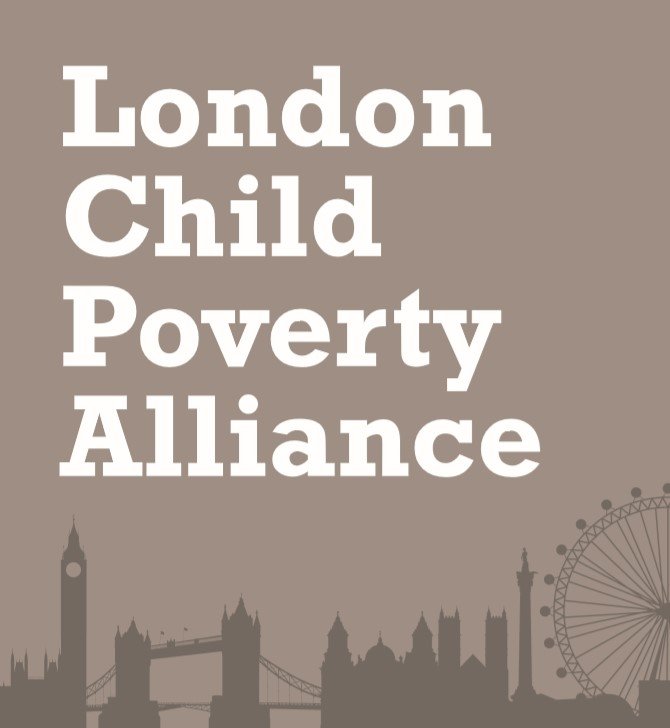
The Manifesto for a child poverty free London
Housing
By June 2021, over 86,000 children were homeless and living in temporary accommodation in London. Many more live in the private rented sector in over-crowded and unsuitable homes. Between 2011/12 and 2019/20 social rent housing delivery in London declined from 11,374 to just 632. Between 2016 and 2021 London saw a 30% increase in households on local authority waiting lists and now nearly 300,000 are waiting for social homes. The rate of overcrowding and lack of adequate space is highest in London, and would have become even worse during the pandemic, where restrictions required households to isolate in their homes. There are about 243,880 households with children that claim benefits in London. These households risk facing so-called “No-DSS” discrimination should they need homes in the private renting sector. Black, Asian or those of other minority ethnic backgrounds are more likely to be disproportionately affected.
It is not possible to create a child poverty free London without addressing the housing crisis facing families in the city. The next leaders of local government must work with partners in the Greater London Authority and central government to tackle exorbitantly high rents, urgently deliver new homes at social rent across London, and improve the standards and conditions of temporary accommodation in London.
Manifesto Asks: Action on Housing
ASK 1: Build more social housing. We are asking local authorities to make sure properties are built with a commitment to social rents. They should develop a social rent delivery policy in their local plans that is informed by a substantive assessment of social housing as well as a robust Equality Impact Assessment. Residential developments under section 106 must ensure that the vast majority, if not all, should be allocated to social rent and not just affordable rent.
ASK 2: Ban No-DSS discrimination. We are asking local authorities to pass motions banning blanket bans against people who can afford the rent but are discriminated against for receiving benefits. Where relevant, they should amend their licensing policies so that councils can enforce against this discrimination.
ASK 3: Ensure that temporary accommodation is suitable, safe and of good quality. We are asking that local authorities commit to minimum standards and develop a coordinated framework for maintaining and managing temporary accommodation. Families should be supported throughout their placement in temporary accommodation and be supported in making complaints when relevant. Local authorities must ensure that housing departments and social services never end or threaten to end accommodation through a homelessness or child in need duty without a clear plan for how a child will be accommodated.
Ready to pledge to tackle child poverty in your community?
Members of the London Child Poverty Alliance stand ready to support you to do this.



